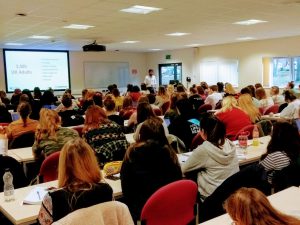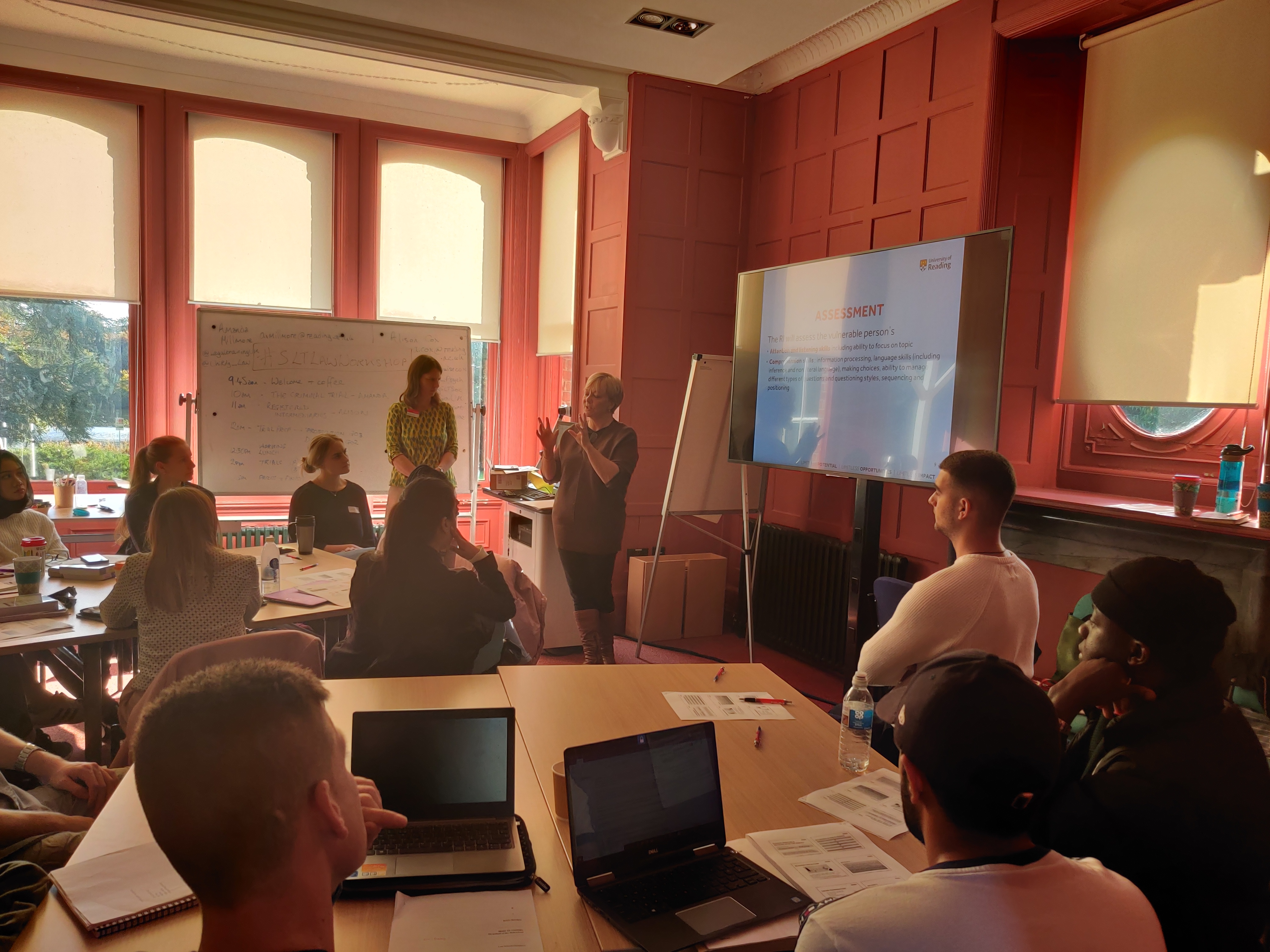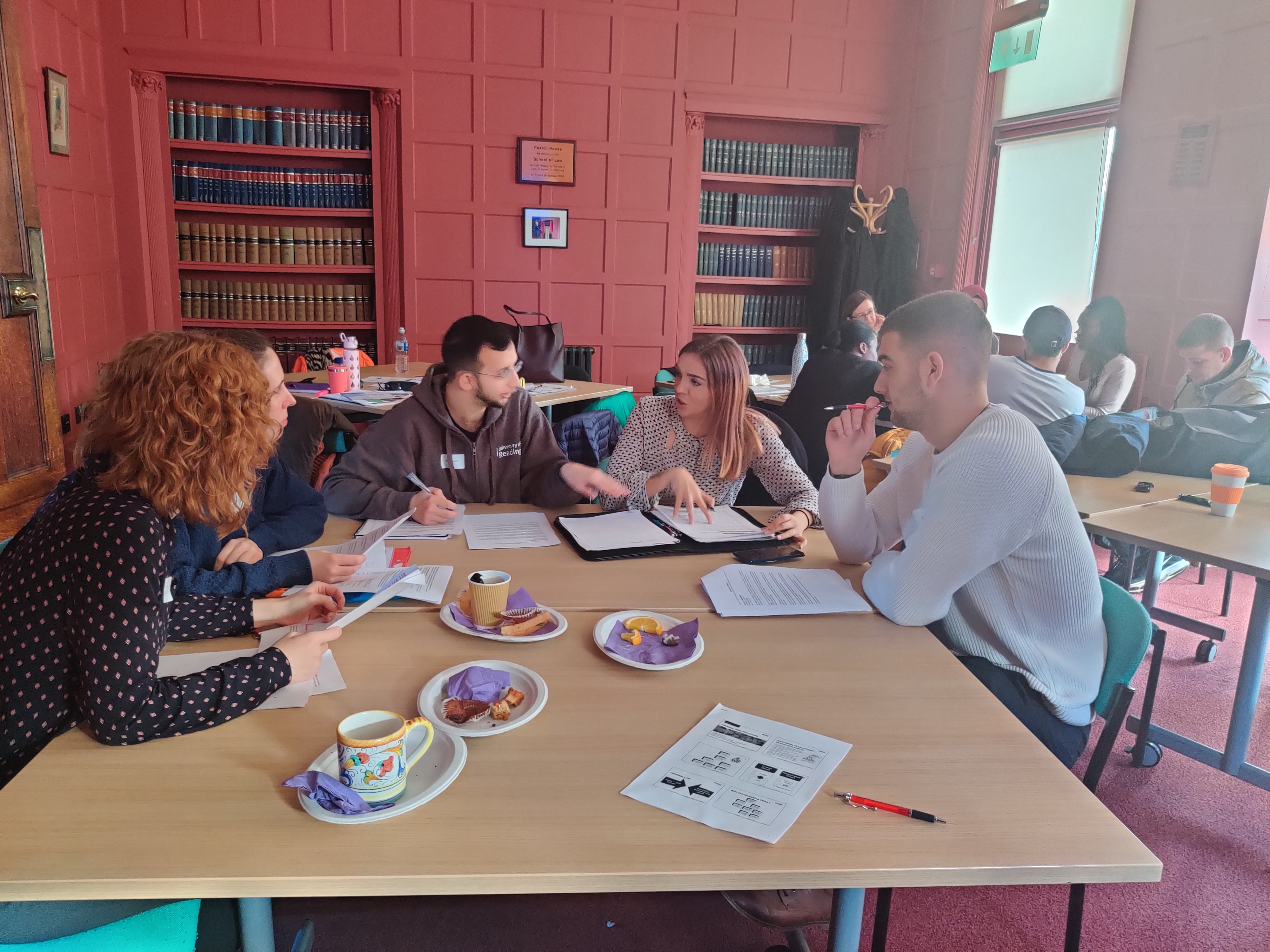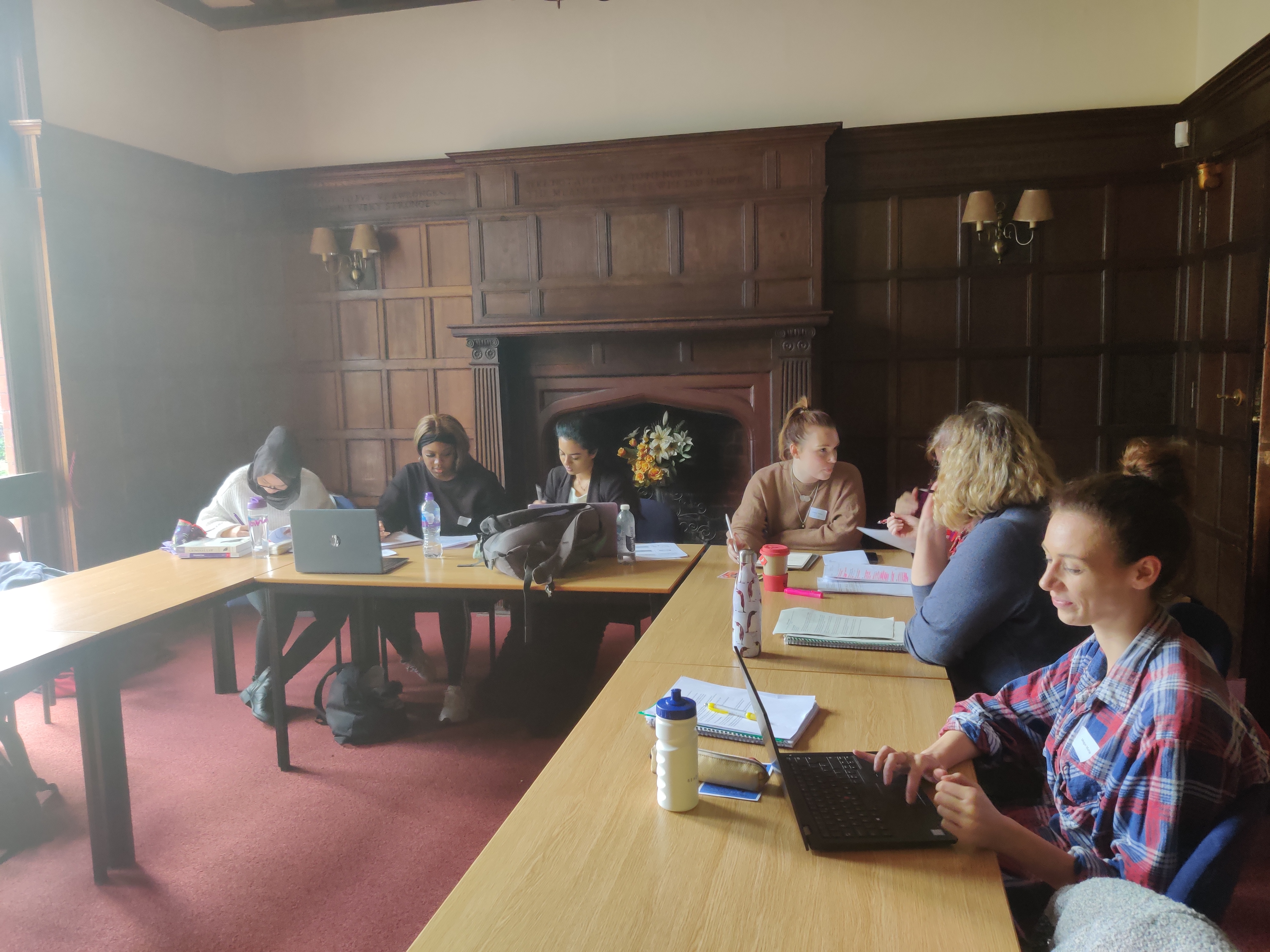Overview
As part of my role as a Creative Writing lecturer, I link undergraduates with professionals from the publishing industry, offering – among other things – extracurricular events for students in the School of Literature and Languages. In the past, these have broadened students’ understanding of the roles involved in publishing and given them hands-on, CV-friendly experience of the skills required in those roles. The goal is to improve students’ knowledge, confidence and employability rather than secure them a job, though sometimes they are given an unexpected leg-up: after a course in 2018, the visiting editor was so impressed by one of our students that he introduced her to a contact at Hachette.
Whatever the specifics of the event, I always seek to bring those professionals into the room – in part to demystify this competitive sector, and in part because, as a ‘high context’ industry (Hall 1977), it has a historically offered jobs to the privileged: those with cultural capital. My aim is to give all our students the chance to accrue such capital.

Objectives
My ambition for the online event remained the same as its original iteration: to facilitate meaningful connections between our students and the industry guests.
Context
In Spring 2020 I organised an event for Professional Track which – after a panel discussion – would put students into informal breakout groups with early-career publishing professionals. This sort of personal contact is rare, and hugely beneficial for students with an ambition to work in publishing.

The event was scheduled for April, the tea and cake were ordered – and then lockdown occurred. With some trepidation, I redesigned it as an online experience using Blackboard Collaborate. But could an online event really enable the sorts of human connection offered by a face-to-face meeting?
Implementation
TEL’s one-to-one help sessions were a gamechanger for this project, with TEL advisor Chris Johnson offering expert guidance, including the sorts of troubleshooting tips that make all the difference to an online project. There isn’t enough space here to detail them all, but I would hugely recommend making the most of TEL’s expertise.
On the day, the event began with a conventional panel discussion in which I interviewed the guests (an editor, a publicist, a books marketer and a literary agent’s assistant) about their routes into publishing and their experience of work. Students turned off their mics and video, watched the panel and put questions into the text chat, which I then moderated. Next, I put students into small groups using Collaborate’s ‘Breakout Groups’ feature. Each included one publishing professional. I invited all participants to turn on their cameras and mics so that discussion could be more personal and informal. As facilitator, I moved between groups – not participating, but making sure things were running smoothly.
Impact
To what extent was meaningful interpersonal connection facilitated by this online event? Qualitative feedback from students suggests that the ensuing discussions were fruitful. One respondent said: ‘Engaging with the industry professionals in the smaller groups was something that I found to be particularly helpful’, while another said they appreciated ‘talking to individuals with real experience in the sector I am curious about working in.
As with the previous course, one student benefitted in an immediate way; with a guest speaker offering to show her artwork to a children’s publisher. It was encouraging evidence that remote events can bring people together.
Indeed, there were aspects of the online event that seemed to offer advantages over face-to-face meeting; online, there’s a hierarchy of depersonalisation, from a simulacrum of face-to-face (cameras and mics on) through audio only, to text chat which identifies students by name and finally the anonymity of Collaborate’s whiteboard function. This is hard to reproduce in a bricks-and-mortar seminar room – and it liberates participants.
An example of that liberation came in two of the small group discussions, when talk was slow to start and the guest speakers asked students to put questions into text chat instead. Conversation picked up, and once it was under way, students were invited to activate their cameras and microphones. On reflection, I’d start all small group discussion like this next time. The feedback below (in answer to a question about the ways in which the online event was better than an in-person one) suggests how much safer this can make students feel, and how it can lower inhibitions about joining in.

Reflections
We all accept that in-person encounters offer us ways of connecting to each other that are hard to reproduce online, but the reverse is also true. It’s something our neurodivergent students already know (Satterfield, Lepage and Ladjahasan 2015), but my experience on this project has made me sharply aware of the ways in which all participants stand to benefit.
The ‘Get into Publishing’ event has left me cautiously optimistic about facilitating meaningful social connections in the online environment, and keen to further explore its unique social opportunities. And, as Gilly Salmon (2011) makes clear, those connections are not just ‘extras’ – they are absolutely central to successful remote learning.
Links and References
Hall E T (1977), Beyond Culture. Garden City, NY: Anchor Books
Satterfield D, Lepage C & Ladjahasan N (2015) ‘Preferences for online course delivery methods in higher education for students with autism spectrum disorders’, Procedia Manufacturing, 3, pp. 3651-3656
Salmon G (2011), E-Moderating : The Key to Online Teaching and Learning. New York: Routledge, p36








